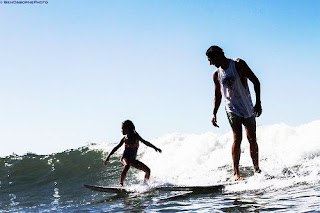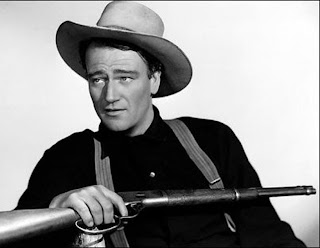The New York Times recently ran an opinion piece titled, “Don’t ask what I’m writing.” The article deals with writers’ uncertainty during the
initial stage of a novel, and suggests friends shouldn’t ask too many early questions because it can be unnerving. True.
I had a good friend ask about The Return when I first started and she was aghast when I
said Dancy and his friends were going to New Jersey. She begged me not to take
my Western series east. She loved the West and liked the fact that each book
moved around the American frontier. Taking my characters to New Jersey and New
York City seemed to her like some kind of betrayal. Her angst gave me pause,
but after some additional thought, I went ahead anyway. I went ahead, but I
never spoke to her again about the book, nor did I tell her about another major
change in the lead character’s life.
 |
| Cowboy City in Farmingdale New Jersey |
This friend is one of my rough draft readers who I trust to
tell me the truth. She’s a reliable compass, so I was apprehensive about her
take on my new novel. I shouldn’t have worried. She loved it. Her first words
were, “I was wrong. I enjoyed seeing Western attitudes play out in an Eastern
setting.”
I like fish-out-of-water stories. I took Steve Dancy, the
New York shopkeeper, to the frontier for that very reason. He didn’t fit, but
he had to adapt to survive. Now I let him return home to discover that he no longer easily fits in the east either. I also thought it was high time for him to have a grownup
romantic interest. The entire series has been about Dancy ‘s growth and these
two development have set up some interesting scenarios for the future. When I
didn’t discuss it with others, I was confident about where I was taking the
story. But there were moments when I feared I might be harming a great
character and storyline. In the end, The Return has received faster and better reviews than the other books in the
series. What a relief.
This is why I like the final advice of the New York Times piece:
1. Trust a few, necessary voices.
2. Try, as much as
possible, to avoid torturing these brave souls with your own insecurities.
3. Shut up and write.
3. Shut up and write.








